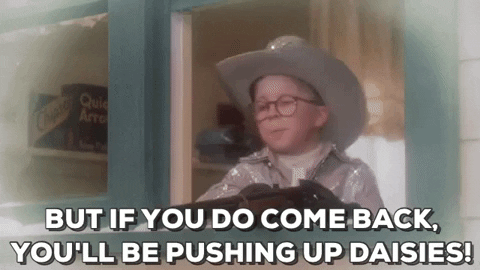ThereYouSeeHer
DIS Veteran
- Joined
- Apr 5, 2010
Yeah, we always kept a one-month starter emergency fund because it made me feel more secure than just $1000.These average debt numbers are from the Dave Ramsey website:
Credit Card-- $14k per household
Auto-- $31k per household
Student Loan-- $38k per borrower so x2 for a couple = $76k
That's $121k for an average couple (without counting mortgage) If that's the average, that means some are significantly more in debt than that amount. I know quite a few couples where both spouses have well over $100k in student loans.
My point was really that the debt snowball is not necessarily a "short term" thing that most people can pay off in a few months by cutting out lattes. For many it requires several years of dedicated work to pay everything off. That leaves a lot of opportunities for something to go wrong where you may need more than $1000 to cover an emergency expense.
Years ago, he used to say getting out of debt (Baby Step 2) takes the average household 18 months. More recently, he has said that step may take 2-3 years. I believe someone once asked what if a single debt (like student loans) is the size of a mortgage--can they delay that one debt until Baby Step 6 (which is paying off the mortgage)? I can't remember the answer, but I know people have very valid questions about working through the steps.
As it's been said, 'if you work the plan, the plan will work. If you don't work the plan, the plan won't work.' I have found this to be true in my own life (it's working) as well as in others' lives (those who went through his Financial Peace University class and never made the changes, so it didn't work).

